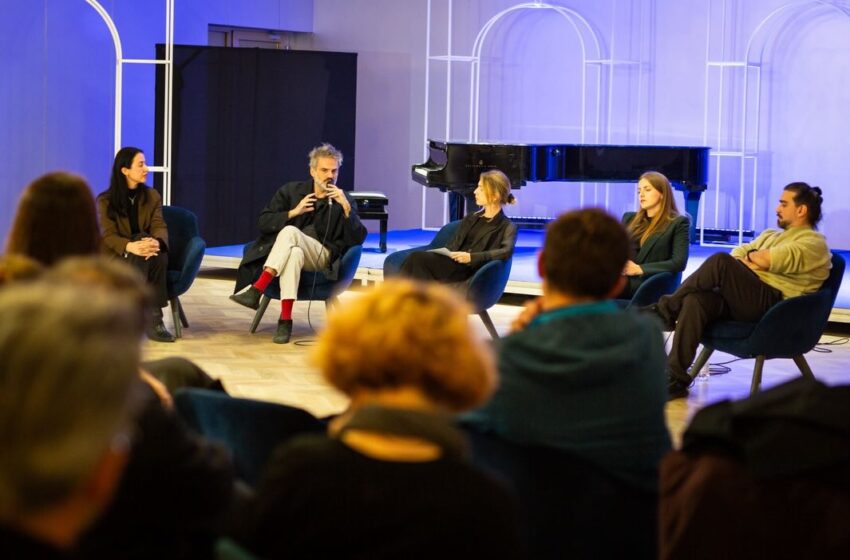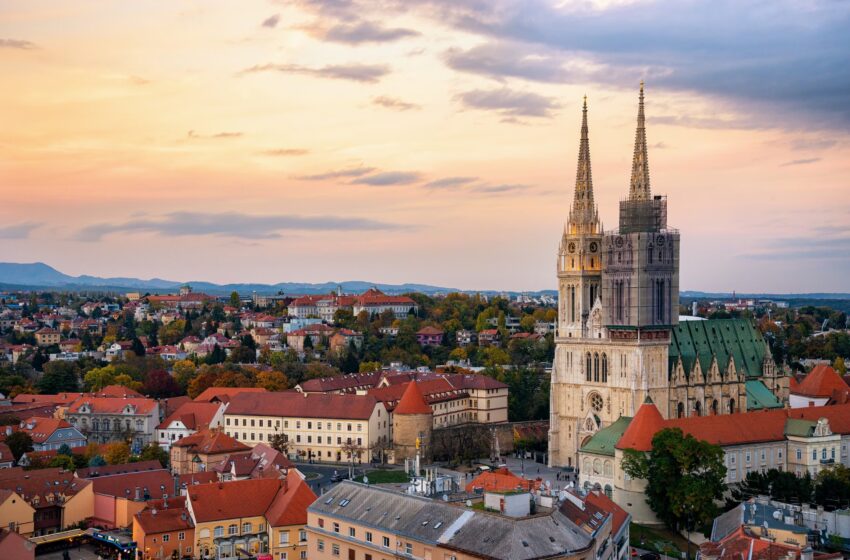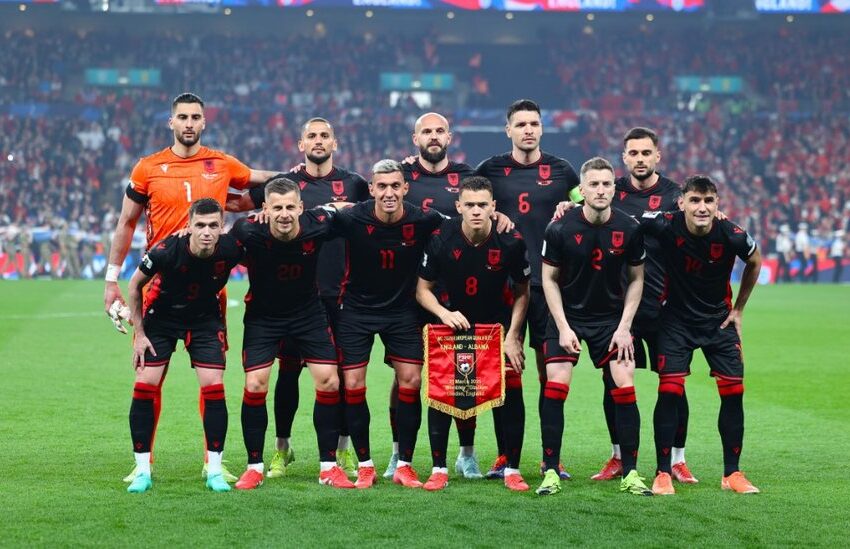Commemorating the Peza Conference: a turning point in Albania’s WWII resistance

September 16 marks the anniversary of the Peza Conference, held in 1942 in the village of Peza in the vicinity of Tirana. It was a crucial event in Albania’s struggle against anti-fascist national liberation fight. The conference united various political factions, including communists and nationalists under a common goal: to resist the Italian and later German occupiers.
Key decisions made at Peza included the creation of the National Liberation Antifascist Front, which sought to bring together Albanians from all backgrounds to fight for freedom. The conference also called for the mobilization of the population in the war effort, the formation of National Liberation Councils across the country, and Albania’s alignment with the Anglo-Soviet-American antifascist coalition. Another critical aspect was the vision for a post-war Albania as an independent and democratic state.
Although the Peza Conference focused on immediate wartime goals, it also laid the foundation for post-war political changes. It rejected any immediate decision on the return of King Zog, who fled the country on the eve of its occupation by fascist Italy on April 7 1939, leaving that to be decided after the war by the people. The question of Kosovo’s future was similarly deferred, with a focus on self-determination post-conflict.
The decisions made at Peza were pivotal in galvanizing Albania’s resistance efforts. The event marked the first time that different factions—communists, nationalists, and others—came together in a unified front. This cooperation ultimately played a significant role in Albania’s liberation from fascist forces and shaped the country’s post-war trajectory towards a communist-led government.


